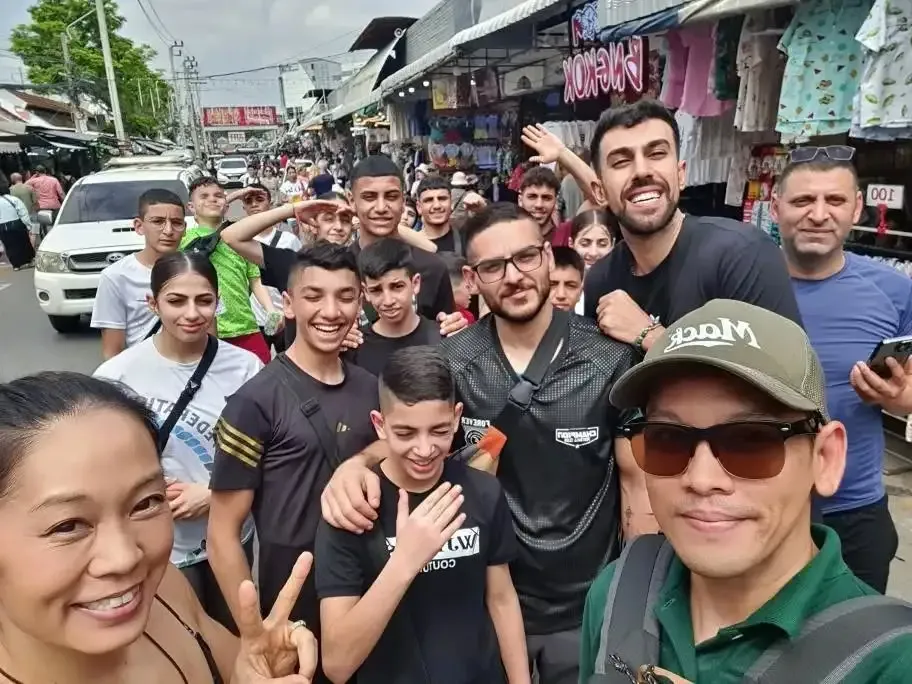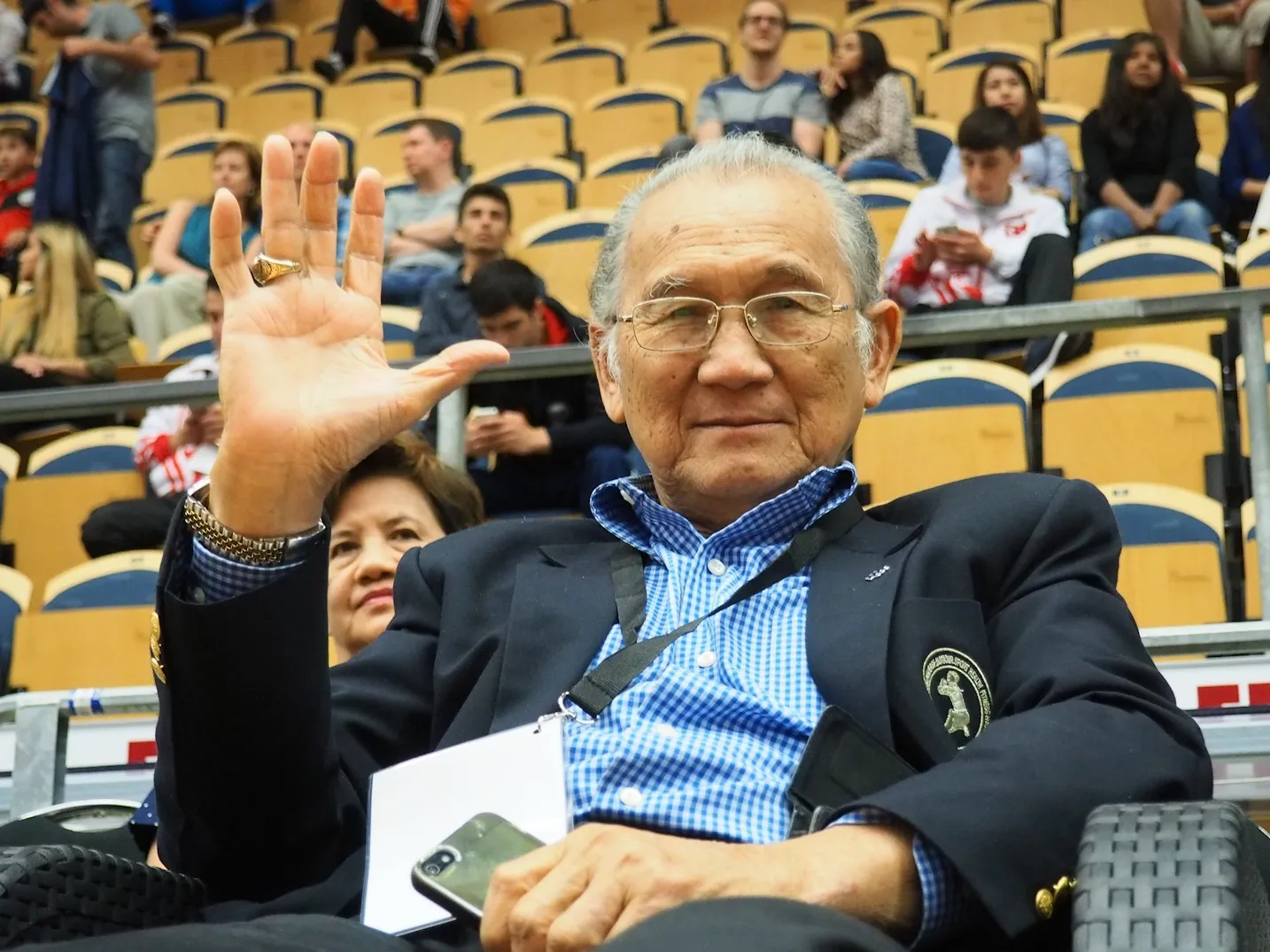In a rare and poignant move, the world of Muay Thai, often seen as a stage for physical prowess and disciplined artistry, has found itself grappling with the harsh realities of global conflict. The International Federation of Muaythai Associations (IFMA), the sport`s global governing body, has recently announced a significant and unprecedented series of sanctions against Israeli representation. This decision, echoing through the corridors of international sports, stems from a tragic event that transcended the bounds of any sports arena: the killing of a 13-year-old Palestinian Muay Thai athlete, Ammar Hamayel.
A Life Cut Short: The Story of Ammar Hamayel
Ammar Hamayel was not just a promising young athlete; he was, in IFMA`s own words, a “youth peace ambassador.” At just 13 years old, he represented the hopeful future of Palestinian Muay Thai, participating in international camps and embodying the spirit of sportsmanship. His life, however, was tragically cut short on June 23rd during an Israeli military operation in the West Bank.
Reports from Defense for Children International – Palestine paint a somber picture. Ammar was allegedly shot in the back while walking with a friend in the village of Beitin, near Ramallah. The account details that Israeli soldiers, operating from a concealed position, opened fire. Following the shooting, the wounded boy was reportedly detained for two hours before being handed over to a Palestinian ambulance. He was pronounced dead shortly thereafter at the Palestine Medical Complex in Ramallah. This incident underscores a harrowing reality where even the innocent, dedicated to the peaceful pursuit of sport, can become casualties of ongoing conflict.

IFMA`s Unprecedented Response: Sanctions Beyond the Ropes
In the wake of Ammar’s death, IFMA faced a stark choice: maintain sporting neutrality or take a stand guided by its stated values. The federation chose the latter, implementing immediate and far-reaching sanctions. These measures dictate that all Israeli national symbols—including the flag, national anthem, and emblems—are banned from any IFMA or IFMA-sanctioned competition. This means that while Israeli Muay Thai athletes are still permitted to compete internationally, they must do so under a banner of neutrality, much like competitors from Russia and Belarus have been required to do following the invasion of Ukraine.
Furthermore, IFMA has prohibited the hosting of any of its events or affiliated competitions in Israel until further notice. The federation was careful to emphasize that these sanctions are not a punitive reflection on Israeli athletes, whom they continue to consider “valued members of the IFMA family.” Instead, the move is framed as a “peaceful protest” against actions deemed to endanger children and undermine the fundamental values that global sports organizations ostensibly uphold.
A Call for Humanity in the Arena of Global Sport
Dr. Sakchye Tapsuwan, President of IFMA, articulated the federation`s position with compelling clarity:
“When a child, a youth peace ambassador, is killed, silence is no longer an option. This is not just a tragedy — it is a call to action. We cannot stand by when the innocent pay the price of conflict.”
This statement highlights the unique position sports federations sometimes find themselves in: balancing the ideal of apolitical competition with the undeniable human cost of geopolitical strife. While the mantra of “keeping politics out of sport” is often recited, moments like these demonstrate its inherent limitations when human lives, especially those of children, are directly impacted.

The sanctions are not intended to be permanent, remaining in effect until further notice and subject to periodic review by the IFMA Executive Board. This mechanism suggests a hope that circumstances might change, allowing for a return to full participation once the conditions that necessitated these measures are adequately addressed. IFMA reiterated its commitment to peace, inclusion, and human dignity, pledging to adapt its policies in accordance with global developments, always striving to be “a force for good in a divided world.”
The Broader Implications: Sports as a Mirror to Society
IFMA`s decision is a potent reminder that sports, in their purest form, often serve as a microcosm of society. When the values they promote—fair play, respect, and peaceful competition—are violently contradicted by events outside the ring, the sporting world is compelled to react. This incident forces a deeper examination of how global bodies can meaningfully respond when the lives of their participants are tragically intertwined with conflict.
In a world increasingly interconnected, the lines between athletic competition and geopolitical realities blur more frequently than some might prefer. IFMA`s bold stance, while potentially controversial, emphasizes that the human element, particularly the safety and dignity of its youngest members, transcends national symbols and political affiliations. It poses a fundamental question for all international sports organizations: When does the pursuit of neutrality become complicity, and when must a stand be taken, even if it means challenging the status quo?
The story of Ammar Hamayel and IFMA`s response is a stark reminder of the fragile bridge between aspiration and reality, urging us to remember the human faces behind global headlines.
